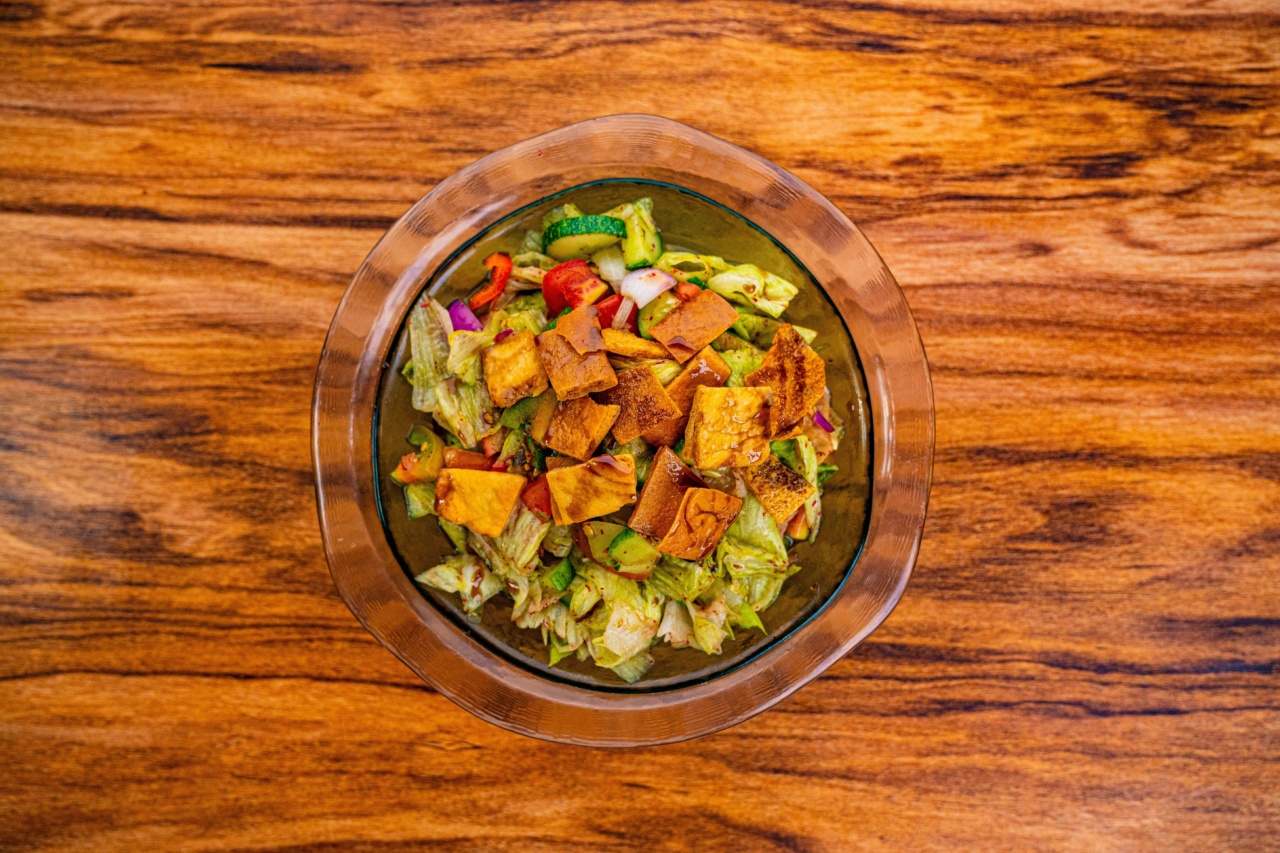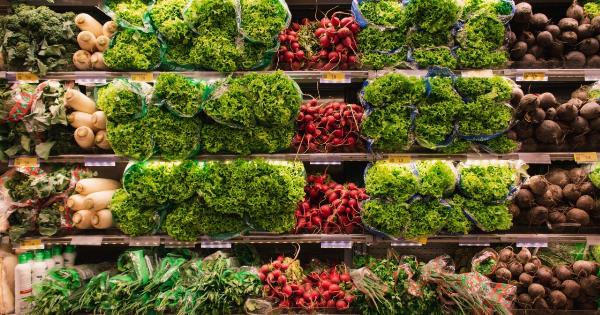Having your gallbladder removed is a significant medical procedure that requires changes to your diet. The gallbladder is a tiny organ that stores bile, which helps digest fats in your food.
After its removal, bile flows directly into your small intestine, making it difficult for the body to handle fried and fatty foods. Here are some recommended diets to follow after gallbladder removal:.
Low-Fat Diet
A low-fat diet is crucial for those who have had their gallbladder removed. To avoid any complications or digestive discomfort, it’s best to stick to low-fat foods. Try to avoid fatty meats, cheese, and fried foods.
Instead, opt for lean meats, fish, and low-fat dairy products.
High-Fiber Diet
Since fats are more challenging to digest without the gallbladder, a high-fiber diet may be beneficial. Whole grains, fruits, and vegetables contain fiber that can help with digestion. Consuming fiber-rich foods will maintain bowel movement regularity.
Make sure to introduce high-fiber foods gradually to avoid any discomfort or bloating.
Lean Protein
Lean protein like chicken, fish, and turkey can be easily digested compared to fatty cuts of meat. Those who’ve had their gallbladder removed should prioritize consuming enough lean protein for rebuilding cells and tissues.
This can be achieved through eating fish, chicken, turkey, eggs, and legumes.
Avoid High Sugar and Carbs
High sugar and highly processed carbohydrates digest differently after gallbladder removal. Sweetened beverages, sugary foods, and refined carbohydrates like white bread and pasta should be avoided.
Instead, opt for whole-grain varieties that are high in fiber and nutrients.
Small, Frequent Meals
Breaking down food can be challenging without the assistance of the gallbladder. To promote easier digestion, try consuming smaller, more frequent meals. This approach can assist the body with regulating insulin and supporting metabolic processes.
Break your daily meals into smaller, more regular feedings to help ease digestion and avoid overeating.
Avoid Certain Vegetables
Vegetables that are hard to digest can trigger digestive problems like bloating and gas. Try avoiding vegetables such as broccoli, cauliflower, cabbage, and Brussels sprouts after your gallbladder removal.
Cook them well, and start slowly to determine which work best for your digestion.
Drink Adequate Water
After gallbladder removal, the digestive tract could suffer from dehydration. Ensure to drink plenty of water to maintain proper hydration levels. Adequate water will help support digestion and flush out the digestive system.
Be sure to drink at least eight glasses of water a day and listen to your body’s signals.
Avoid Carbonated Beverages
Carbonated beverages add air and gas to the digestive tract, making indigestion more severe after gallbladder removal. Carbonation can also cause bloating and discomfort in some people.
Refraining from carbonated beverages is recommended to avoid any digestive or discomfort issues.
Final Words
After gallbladder removal, your digestive system requires additional care and attention. A healthy diet can assist in reducing digestive symptoms and enhancing your general well-being.
It’s natural to experience some discomfort or digestive issues following this surgical procedure. Speak with your doctor or a nutritionist if you have any concerns about your diet after gallbladder removal.





























